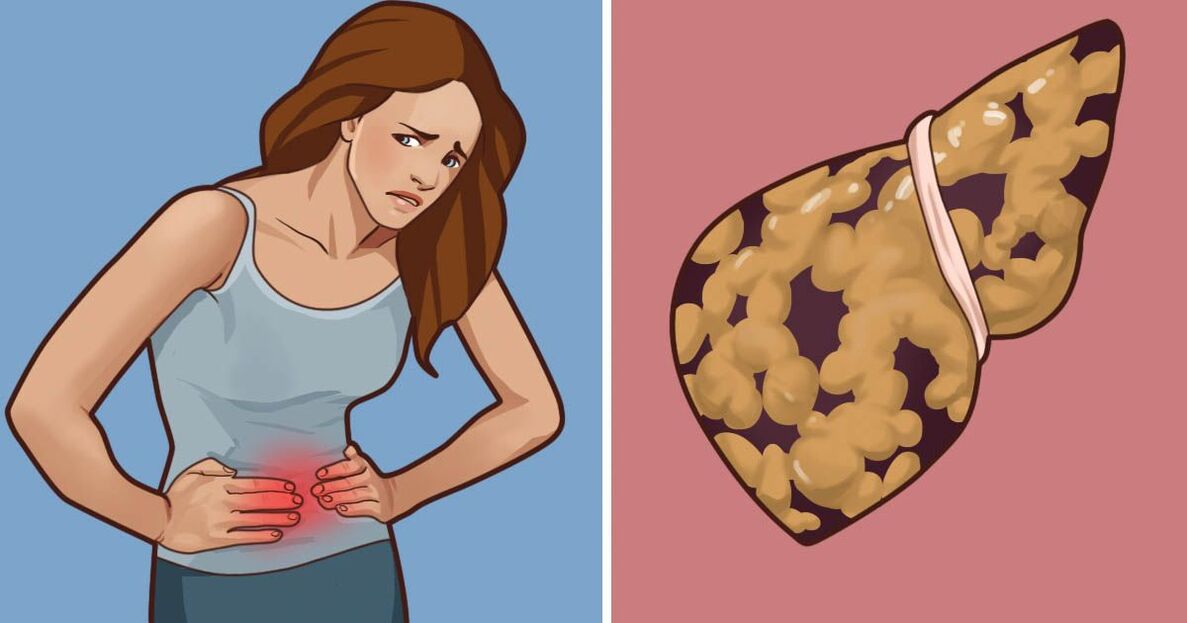The first experience with alcohol in most cases is positive. A cheerful company with a lot of various alcoholic drinks or a glass of wine with a friend, the first glass of champagne and the first kiss. For all women, the path to alcoholism begins differently, but at the same time, the same way.
Someone stops at a festive glass of wine, and someone tries to recreate for themselves with the help of alcohol the ease of mood that was at the first experience. It happens that a person cannot stop drinking at the very beginning for other reasons. In alcoholic beverages, oblivion from problems is sought, or with their help something is proved to oneself and friends. Often, with the help of alcohol, the emptiness associated with the loss of a loved one or the fact that a person could not find himself in life is replaced.

Women are especially hard to tolerate alcohol. They are more quickly drawn into drinking. The female body is very quickly rebuilt, chemical reactions in the brain change, blood circulation is disturbed. Having started drinking alcohol at a young age, you can become a chronic alcoholic by the age of three.
The alcoholic never admits his illness
Several bottles of beer in the evening in the company. First on weekends, then after work. The phrase, which can often be heard from a drinking woman: "I am not an alcoholic, I can always stop, " sounds after each drinking of a new dose of alcohol.
According to the women who quit drinking, during the period while they succumbed to the disease, they did not see anything terrible at this stage. Filling the void and the increasingly frequent depression, they switched from light alcohol to heavy alcohol. Vodka became a constant companion for the evening. Lack of alcohol causes apathy, some have suicidal tendencies. Only a glass of vodka can return them to the state where they want to live.
The next stage is when alcohol is consumed in such an amount that a person loses his memory. The poisoning of the body is becoming more and more severe. Having reached this level, the woman no longer remembers with whom she drank yesterday, what she said to the people around her, what she basically did.
At this stage, the woman will no longer be able to quit drinking on her own, without support. And the reason is not only in the physiology and the requirement of the body for a new dose of alcohol. And also because the company that gathers around it is the same. It is impossible to break this circle, because everyone around considers such a life to be normal. And not because it is so, but because everyone around is in the same state.
Expert opinion: "Features of female alcoholism. Is there a difference between female and male alcoholism? "
What happens to the body at the physical level
With alcohol dependence, irreversible changes occur throughout the body. But most of all in the brain, kidneys and liver. Also, the hormonal system and reproductive organs are greatly affected. A drinking woman can no longer bear and give birth to a child if the treatment and detoxification of the body does not pass, and if she gives birth, then such children are most often ill. Their genetic code is changed in the womb by alcohol.
In some cases, this is not noticeable externally, but the disease can manifest itself already in the first days of life. If the mother drank during pregnancy, the newborn experiences severe withdrawal symptoms - alcohol withdrawal syndrome. Already in the first hours of his life, when alcohol ceases to flow from his mother's blood, he begins to twist. These babies scream non-stop and cannot live their first hours without sedatives.

As for men, they become incapable of sexual intercourse. Alcohol first causes the inability to conceive, since it simply kills the sperm, and then reduces the possibility of having intercourse in principle. The health of the unborn baby depends not only on the mother, but also on the father, who transmits to them the genetic code modified by alcohol.
Why don't alcoholics stop drinking? Because they do not see themselves from the outside, the disease, in principle, is not perceived by the disease. A week without vodka becomes virtually impossible. However, this is not associated with the disease, but is called: "there is a reason to celebrate. "The reason, however, is simply sucked out of the finger.
Such people can no longer quit drinking on their own. They blame anyone for their failed life - husband, wife, parents, bosses. Everyone is to blame for their illness, except for themselves. Their world is gray and joyless without a new portion of alcohol, they see no point in anything other than looking for 100 grams of vodka or a bottle of beer.
What to do and how to cure a woman from alcoholism
Dose reduction is not a treatment option. You will not be able to give up alcohol gradually. You need to stop drinking abruptly and immediately, and never return to alcohol. This requires remarkable willpower and very serious support from loved ones.
Although history may know when a woman quit drinking on her own, they are extremely rare. What's the catch? It will not be possible to simply remove alcohol from life. Something should come in its place that will bring joy and pleasure. A psychologist will help you find this "something". Perhaps this will need to find a new job that will please and bring money. Or it will be enough to find a new hobby, hobby.
A healthy lifestyle is popular. Sports and vigorous exercise can trigger the same adrenaline rush as alcohol. In addition, the immediate environment is changing. And instead of swollen faces with a disgusting fumes, people around are bursting with health. Gym, swimming pool, jogging in the stadium in the morning - all this for most women can replace alcohol.
What to expect when throwing alcohol
The first days there will be a strong desire to drink. Irritability, anger, the desire to kill someone - all this is alcohol. Breakdown on relatives, children, parents. And if they cannot withstand the stress, cannot provide support, then the alcoholic will drink again.
If you have a desire to stop drinking, then make this process painless. Go to the clinic. In addition to relieving the stress and pain of your family, you will be helped through the adjustment process more easily.
An experienced psychologist who deals specifically with alcohol addiction will help you find the reasons that make you want to drink. His help and participation will be difficult to overestimate, because it is he who can find a substitute for alcohol, help find himself, help get away from depression.
If it turns out that you quit drinking on your own, hold on. Remember, there are no ex-alcoholics. Any company of people drinking alcohol should do the tenth road. You will have to change the environment and find ways on your own. In no case do not get lost, do not drink a bottle of beer. Remember how it all began - with just one bottle, one sip.
It is difficult for an alcoholic to change his life, especially for a woman. But it can be done if you have the support and will to live.
What is it about alcoholic beverages and why is it difficult to refuse them? Because, being broken down in the body, alcohol gives an extraordinary burst of energy. And if at this moment any joyful event happens, it "anchors" with the intake of alcohol.
In simple words - a person does not quit drinking just because he is trying to evoke those sensations when everything was high for him. Even if he no longer remembers what event preceded the intake of alcohol, he continues to try to recreate that mood, the feeling of happiness.
But this is only at first. Further, alcohol and decay products penetrate into nerve cells, destroying them and creating new stable connections. At this moment, a person can no longer stop drinking just because he physically needs alcohol. It relieves depression, removes limb tremors (hand tremors), dilates blood vessels.
The next stage is the binge. It is no longer possible to quit drinking in this state on your own. Here you need a specialist who can get you out of the binge, carry out detoxification, and prescribe treatment. Will withdrawal from hard drinking be a way out and will a person be able to stop drinking at the same time? No. Further psychological treatment is needed.































